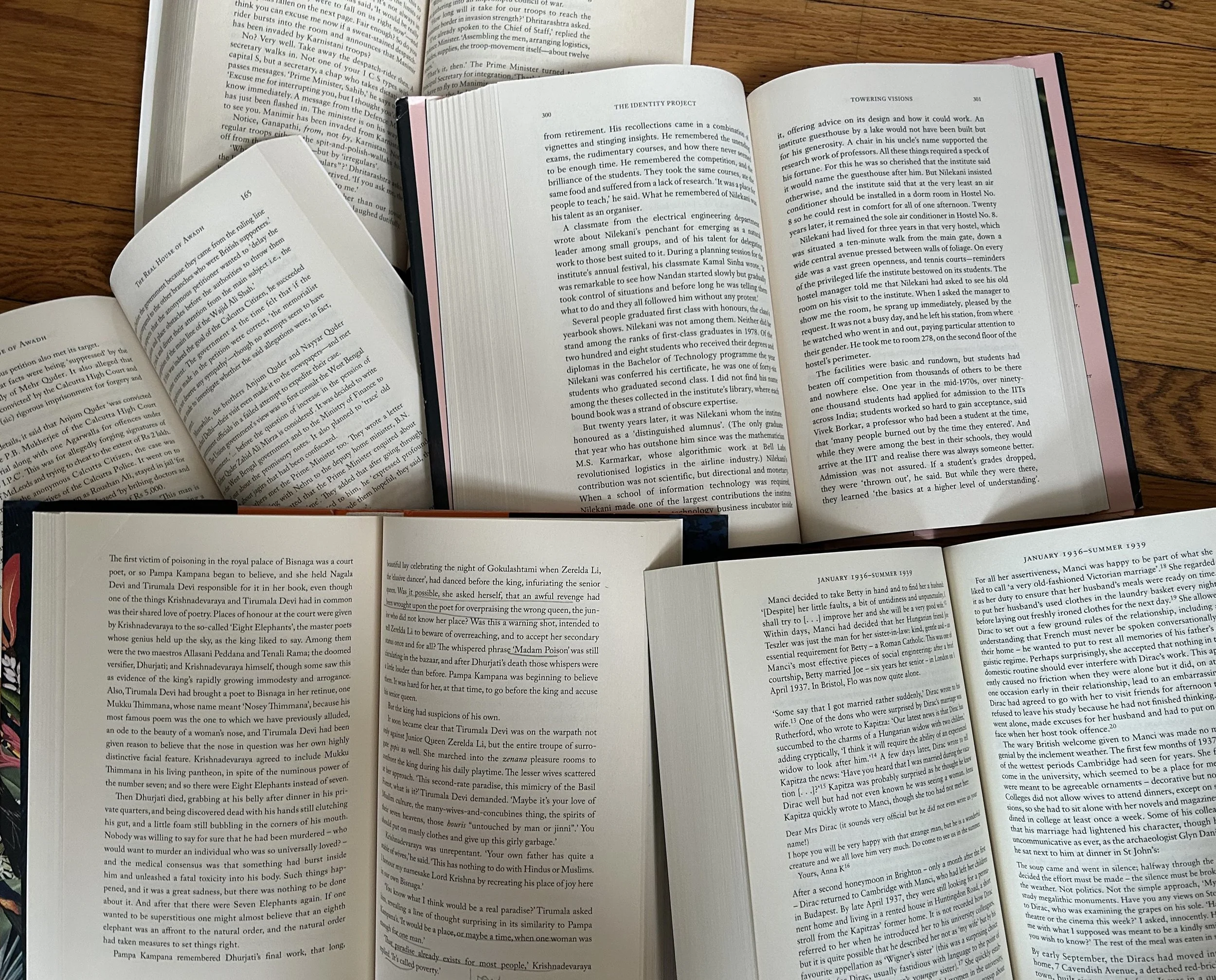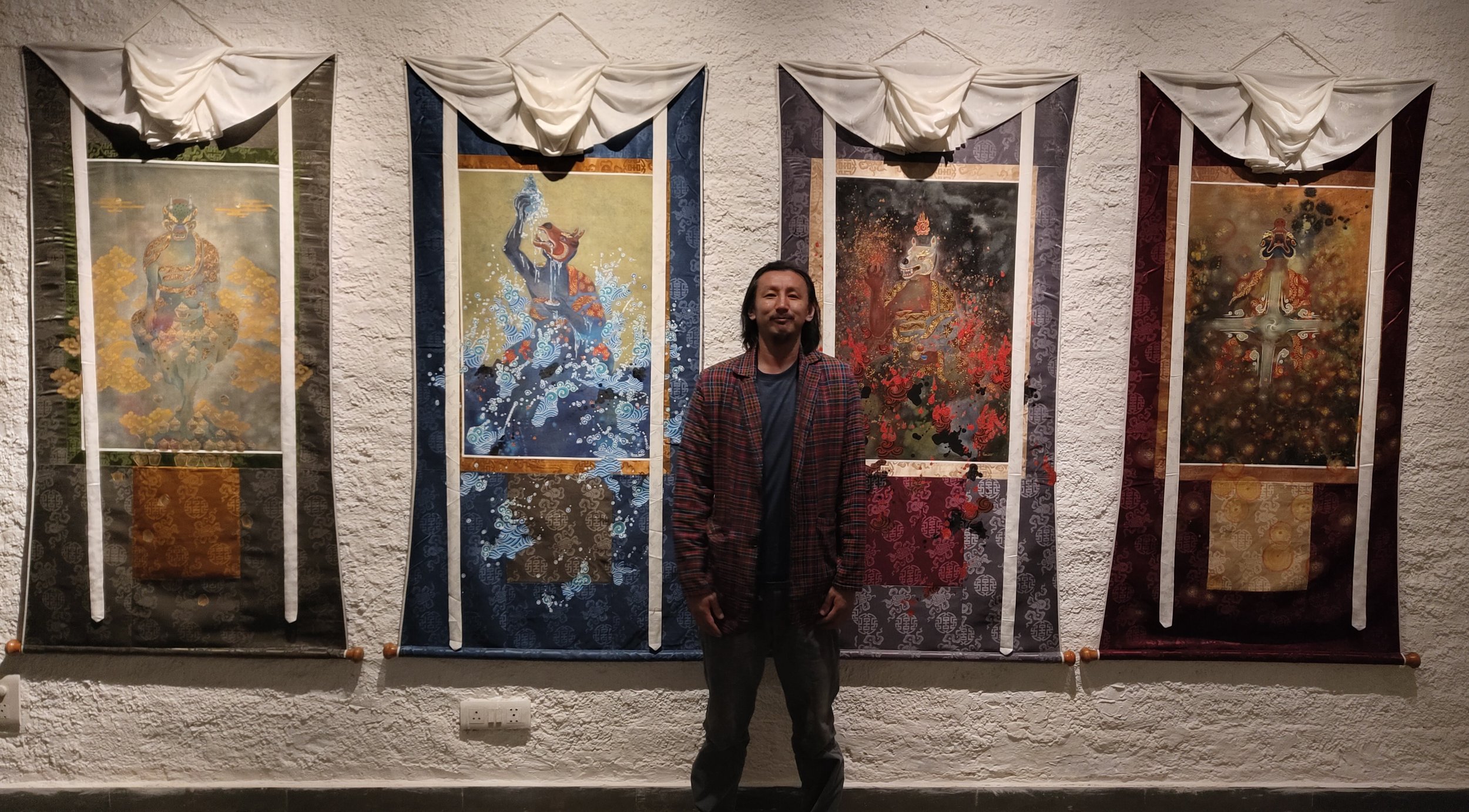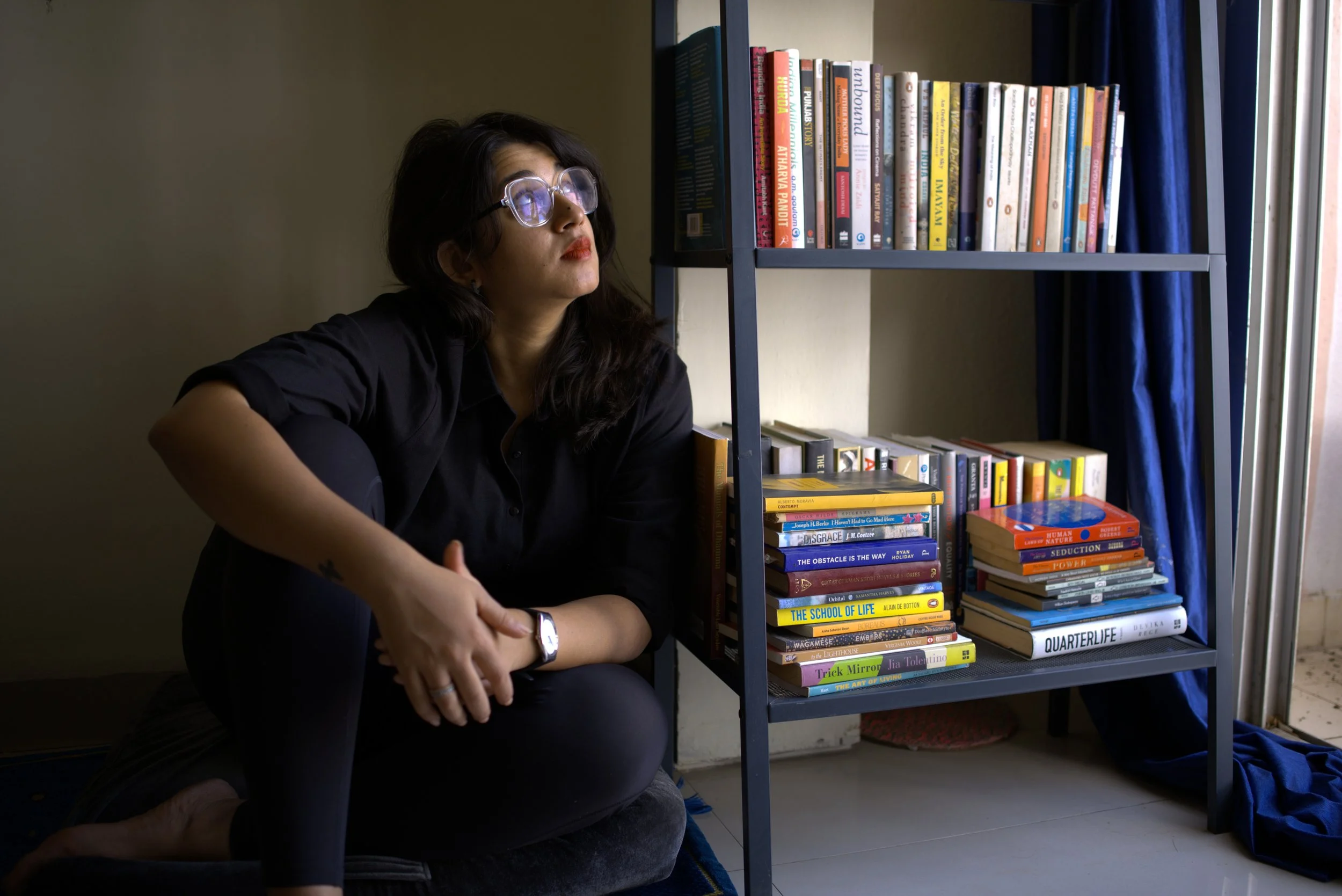“Storytelling Saves My Life Every Day” – An Interview with Sanjana Ramachandran
Sanjana Ramachandran’s debut Famous Last Questions investigates the clash of the personal with the sociopolitical. The author speaks about masking and unmasking herself, finding comfort in contradictions, and the flawed institutions of marriage, relationships, and work. By Karan Madhok
The Storm and the Storyteller: Arundhati Roy’s MOTHER MARY COMES TO ME
Through her memoir, Arundhati Roy revisits the foundry where her courage was forged, to the mother who didn’t prepare her for success, but inadvertently trained her to withstand both adoration and hatred to determine her survival. By Amritesh Mukherjee
Stitching Love Stories from a Torn Land: Mehak Jamal’s LOAL KASHMIR
Mehak Jamal’s Loal Kashmir (2025) is a witness, a tender archive of what it means to love in a region of conflict—how intimacy reshapes itself around checkpoints, how longing endures without signal bars, how the heart insists on ordinary joys in extraordinary times. By Shivani Patel
A portrait of Delhi in-between: liminal, restless, and uncertain
In Night in Delhi (2025), Ranbir Sidhu lays bare the city of shadowlands, and of lives pushed to the margins of visibility and worth, as it exists in continuum alongside the bright and aestheticized metropolis. By Anjali Chauhan
The Dead Authors Society: Pritam, Manto, and the Betrayal of Posthumous Publishing
Amrita Pritam, Saadat Hasan Manto, and Kamala Das were all writers who, even in life, lived on the edge of taboo, scandal, and self-revelation. In death, stripped of agency, their voices have been reframed by the very people who claim to honour them. By Treya Sinha
A Manual for Memory: The Poetry of Meena Kandasamy
Meena Kandasamy’s collection Tomorrow Someone Will Arrest You is poetry as resistance literature, where aesthetic beauty and political activism merge to challenge a nation’s conscience. By Amritesh Mukherjee
Girl, Untethered
Despite a lack of narrative focus, Anisha Lalvani’s Girls Who Stray (2025) is a welcome, urgent entry to contemporary Indian literature, a poetic voice echoing the angsts of a generation of Indians, and specifically, of Indian women who refuse to be assigned to their roles. By Karan Madhok
A Gothic Novel with An Indian Twist
Told through the perspective of twisted innocence, Sakyajit Bhattacharya’s The One Legged looms large with uncertainties, unopened doors, haunted pasts, and an atmosphere of pure terror. By Sneha Pathak
The Ache of Missed Chances: Ammar Kalia’s A PERSON IS A PRAYER
In his multigenerational saga A Person is a Prayer (2024) Ammar Kalia weaves together several characters, each struggling, yearning, and often failing to find clarity in the shadows of their predecessors. As with many internal struggles, they persist in silence. By Shivani Patel
Postcards from a Betrayed Island
The Great Nicobar Betrayal (2024) is essential reading for anyone concerned about India’s ecological future and the future of our species on Earth. Tansy Troy discusses the collection with an inspired set of illustrations of the island’s many breathtaking species.
Nalanda: The Memory of a Civilization
Nalanda was not a singular anomaly but the culmination of a thousand years of intellectual tradition. Amritesh Mukherjee reflects on Abhay K.’s latest book on the subject, and how the ‘mahavihara’ can serve as a beacon for contemporary educational institutions.
A Completely Human AI-Generated Reading List for the Indian Summer
Satire: The solution to AI mimicking humans is to have humans mimic the AI that mimics the human. From Vikram Chandra and Salman Rushdie to mythological adventures and a popcorny topsy-turvy romance, here is our preview of the 15 hottest and thoroughly fraudulent Indian books for the 2025 summer. By Karan Madhok















